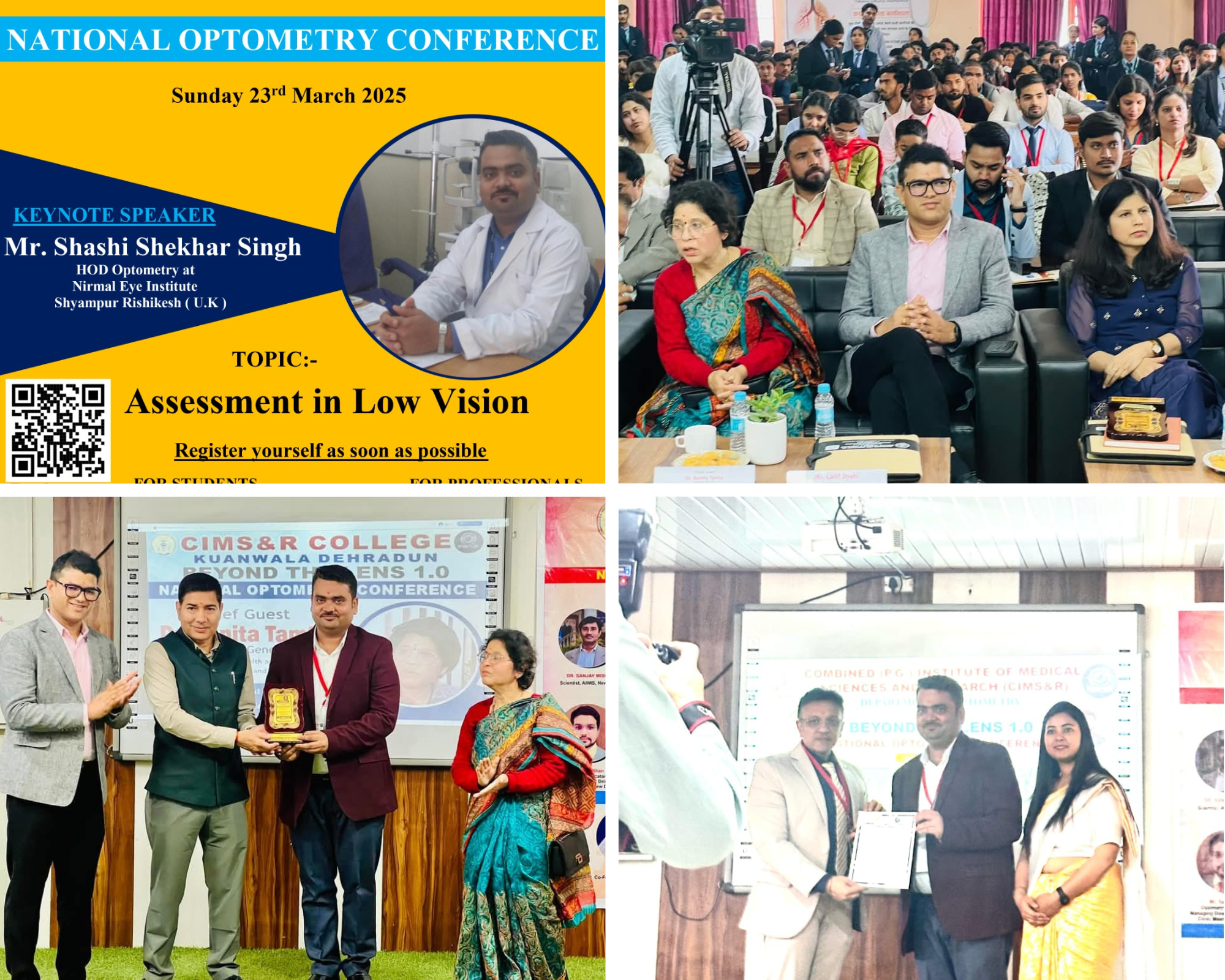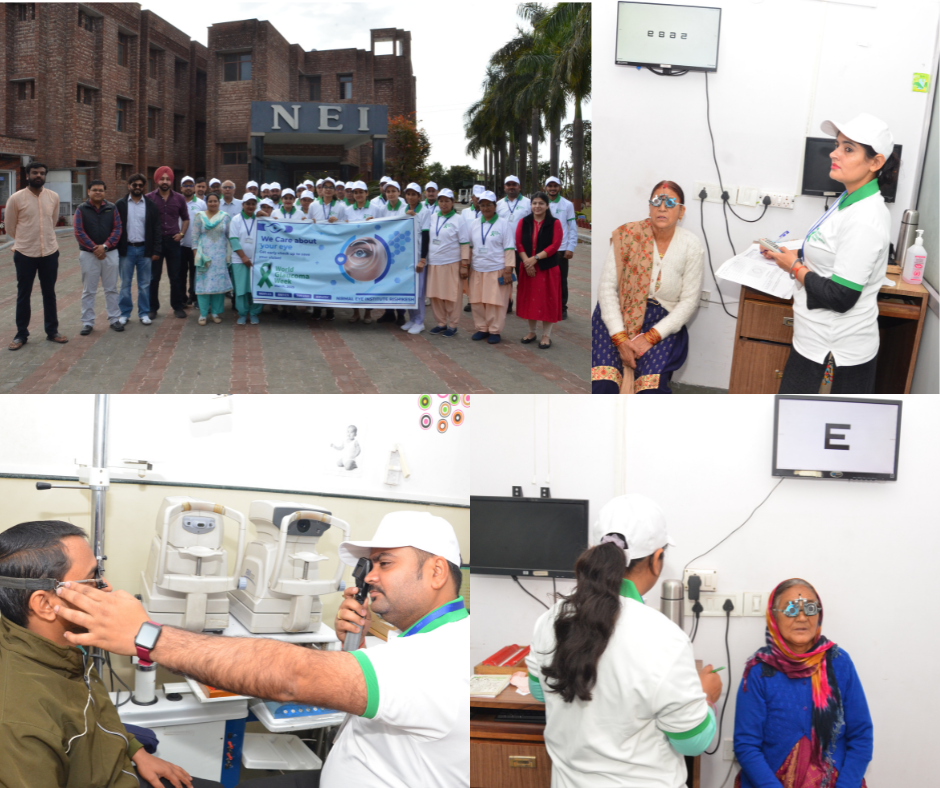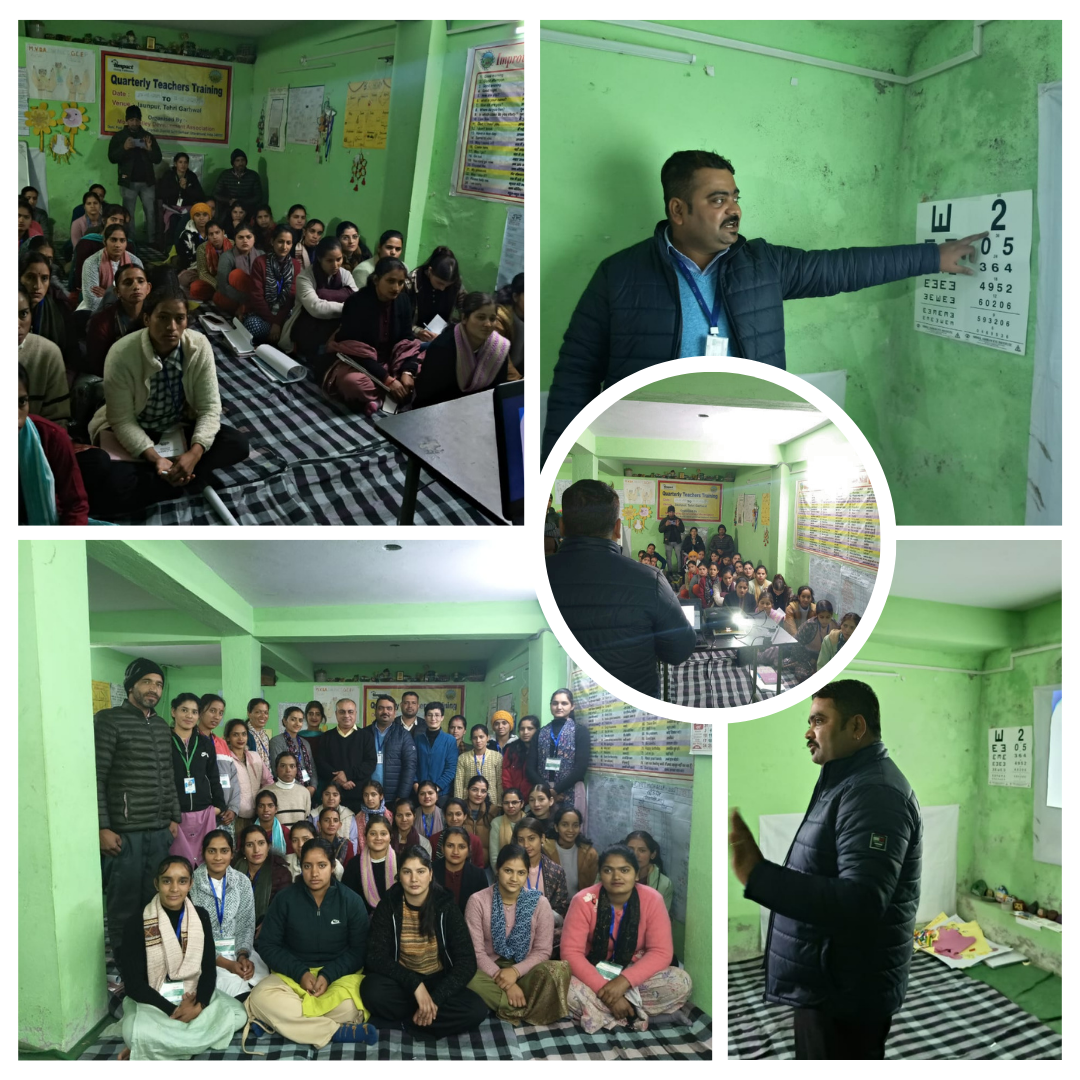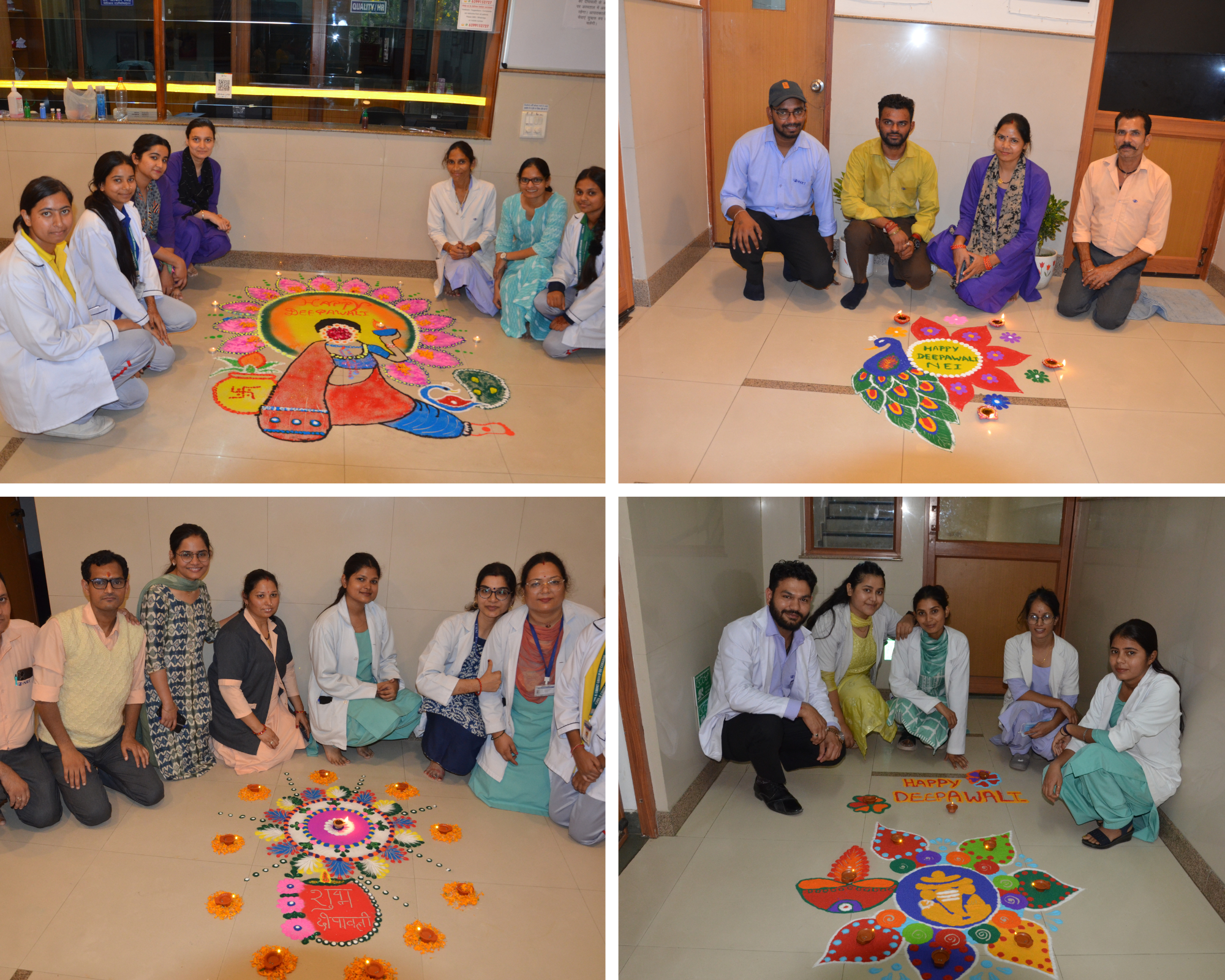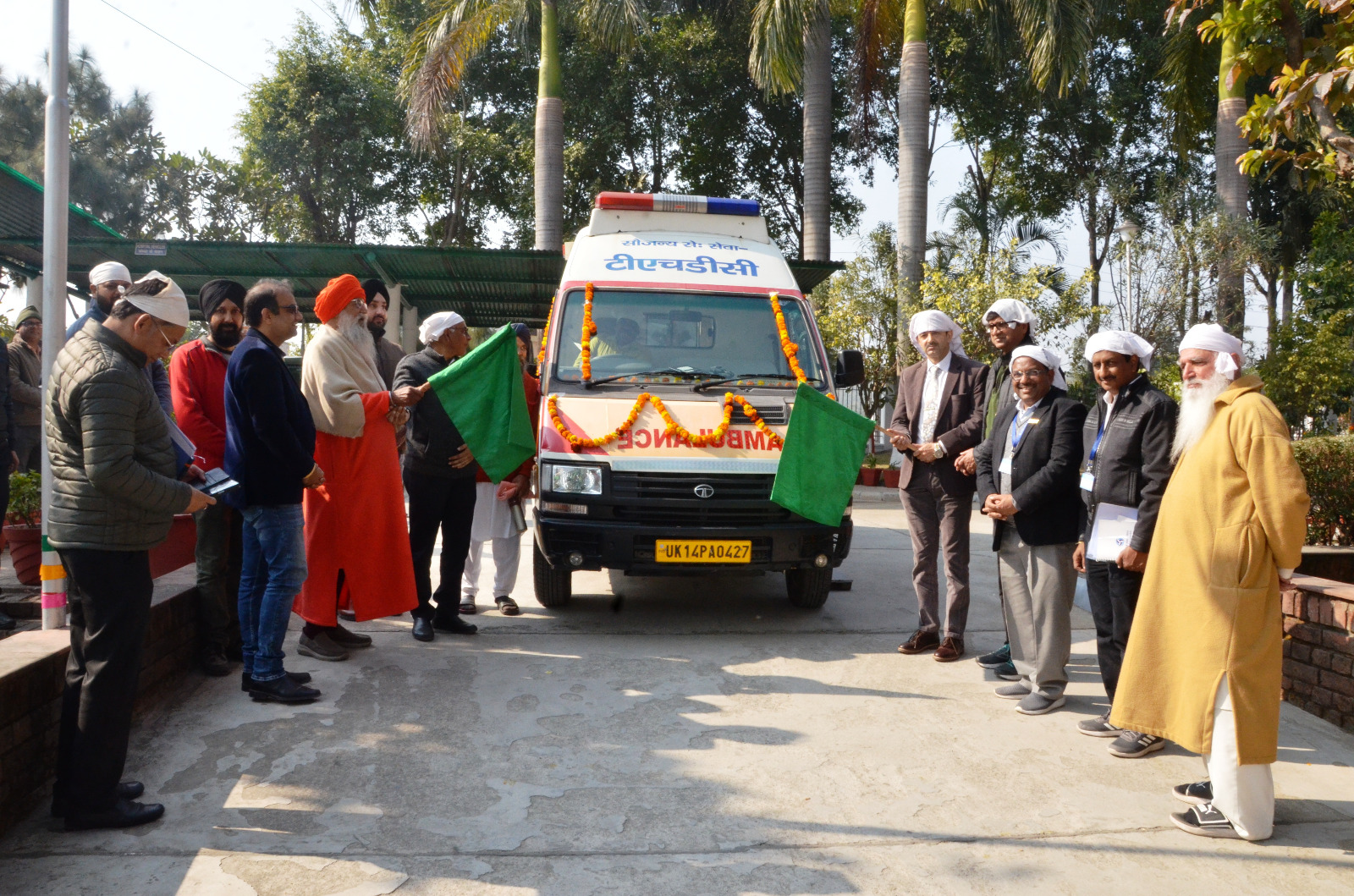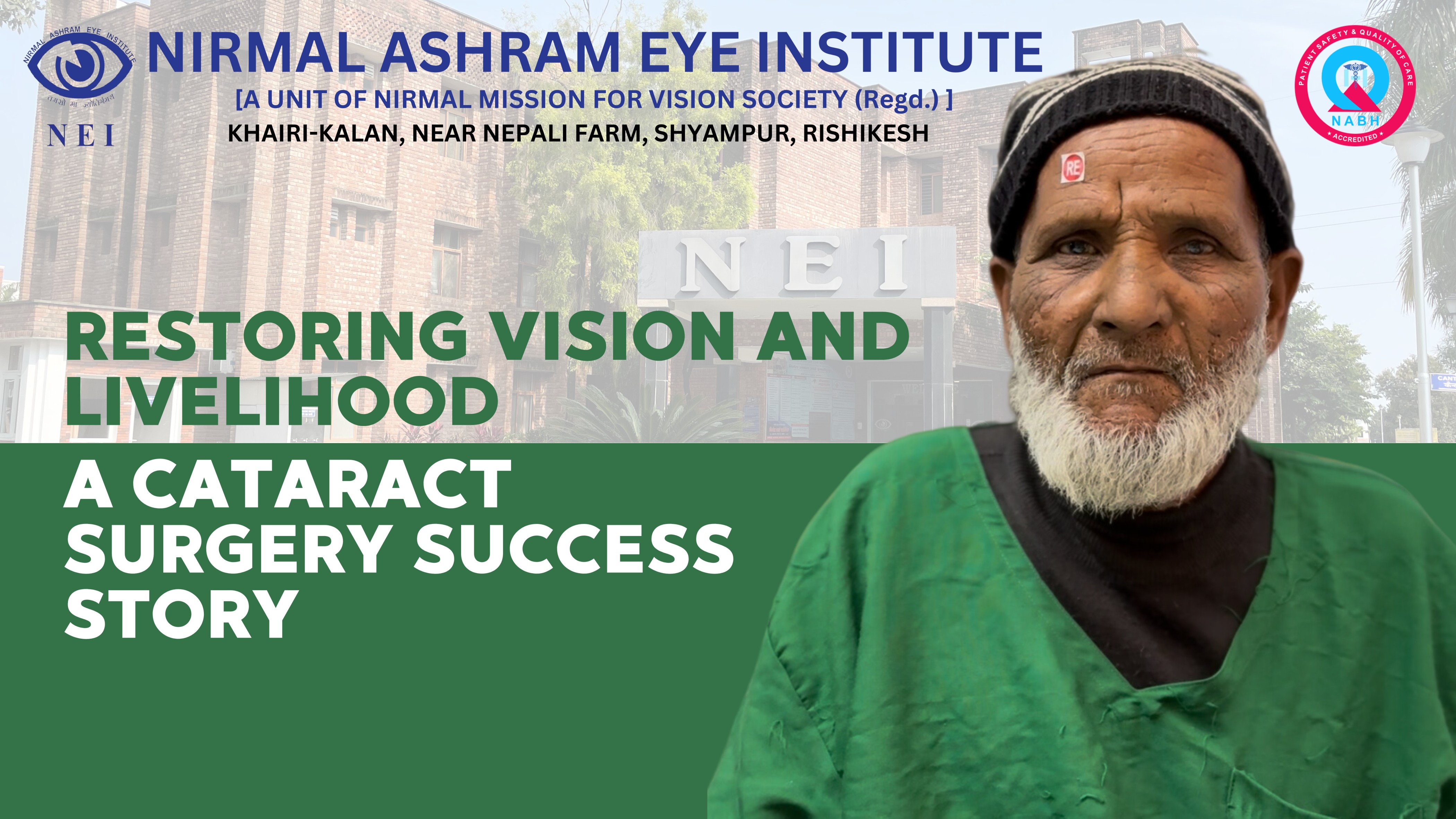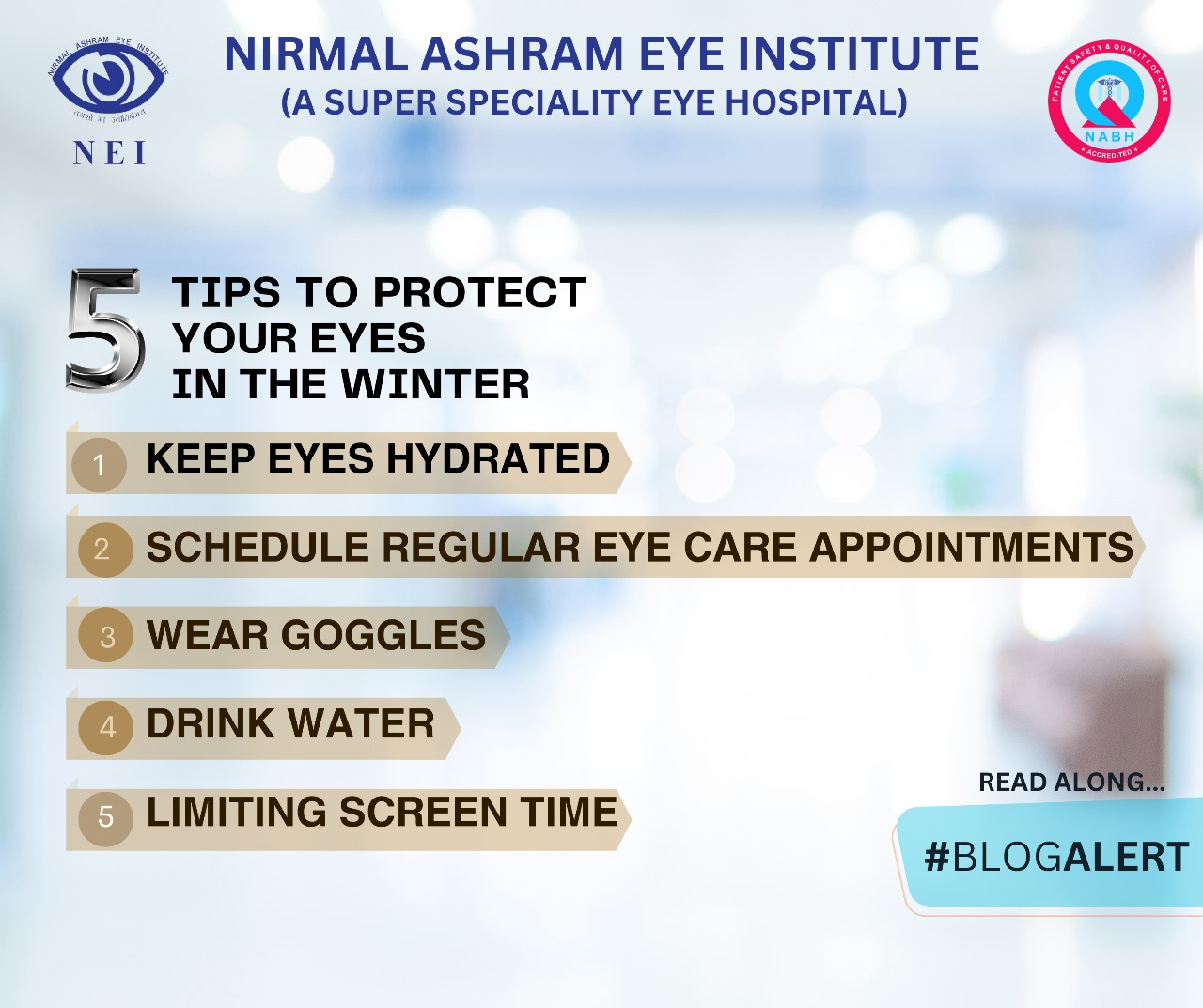Screen Time & Kids’ Eyes: What Every Parent Should Know
Screen Time & Kids’ Eyes: What Every Parent Should Know
In today’s digital world, children are exposed to screens more than ever — from online classes and homework to games and cartoons. But how much screen time is too much? And what effect does it have on your child’s eyes?
At Nirmal Ashram Eye Institute (NEI), we see a growing number of children experiencing eye strain and vision issues. As a parent, here’s what you need to know to protect your child’s vision in the digital age.
📱 How Screen Time Affects Children’s Eyes
Children’s eyes are still developing, making them more sensitive to the effects of prolonged screen exposure. Excessive screen time can lead to:
- Digital Eye Strain (Computer Vision Syndrome)
Symptoms include:
- Eye fatigue
- Headaches
- Dry eyes
- Blurred vision
- Neck or shoulder pain
- Increased Risk of Myopia (Nearsightedness)
Studies show that extended near work (like screen use) is linked to a rising incidence of myopia in children, especially those under age 12.
- Poor Sleep Patterns
Blue light from screens can disrupt melatonin levels, making it harder for children to fall asleep and stay asleep.
👁️ Warning Signs Your Child May Be Experiencing Eye Strain
Keep an eye out for:
- Frequent eye rubbing
- Squinting or tilting the head
- Complaints of headaches
- Sitting too close to screens
- Avoiding reading or writing tasks
If you notice any of these, it’s time to schedule an eye exam.
🕐 Recommended Screen Time by Age
According to the American Academy of Pediatrics:
| Age Group | Recommended Screen Time |
| Under 2 years | Avoid screens (except video calls) |
| 2–5 years | Max 1 hour/day, high-quality content |
| 6–12 years | Consistent limits + screen-free routines |
| 13+ years | Monitor and balance with healthy habits |
✅ 7 Eye-Friendly Screen Habits for Kids
- Follow the 20-20-20 Rule: Every 20 minutes, look 20 feet away for 20 seconds.
- Keep Screens at Arm’s Length: Around 18–24 inches from the eyes.
- Use Proper Lighting: Avoid glare and harsh lighting in the room.
- Limit Screen Time Before Bed: At least 1 hour of screen-free time before sleep.
- Encourage Outdoor Play: 1–2 hours of natural light daily helps eye development.
- Blink Often: Teach kids to blink consciously to prevent dry eyes.
- Schedule Regular Eye Exams: Catch issues early—even if your child doesn’t complain.
👨⚕️ When to See an Eye Doctor
Even if your child seems fine, an annual pediatric eye exam is recommended. Many vision problems are silent and can affect academic performance, social development, and confidence.
🎯 Final Takeaway
Screens are here to stay — and that’s okay. The goal isn’t to eliminate screen time, but to balance it and build healthy vision habits early. Your child’s eyes will thank you later!
📅 Book your child’s eye check-up at Nirmal Ashram Eye Institute today.
Let’s work together to protect the next generation’s vision. 👁️💙


